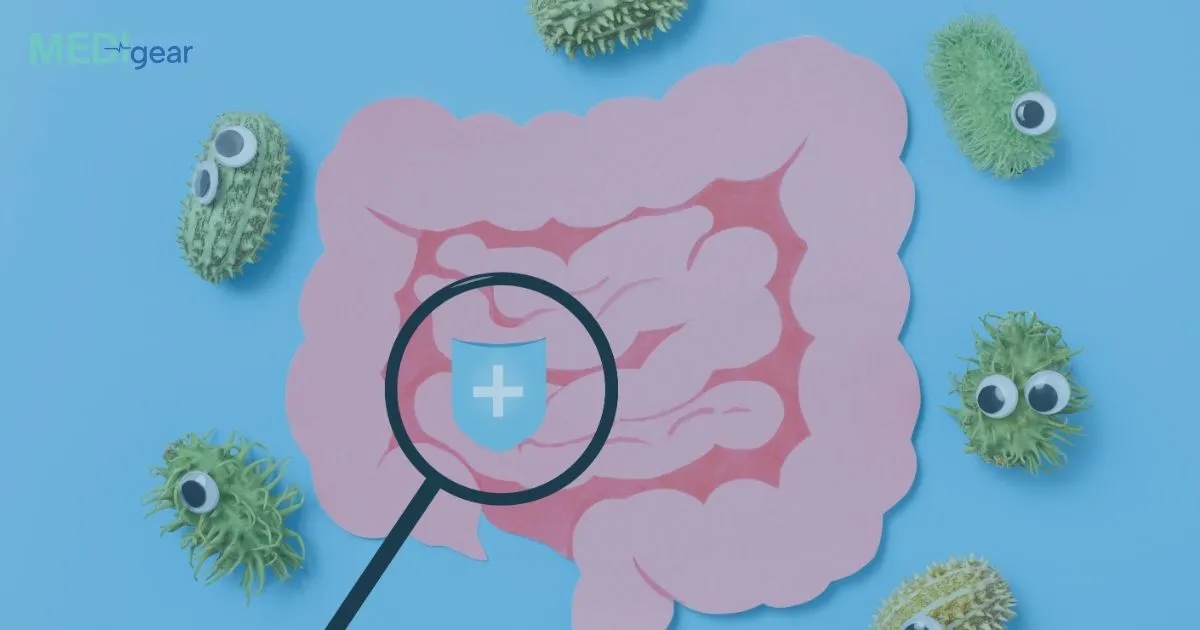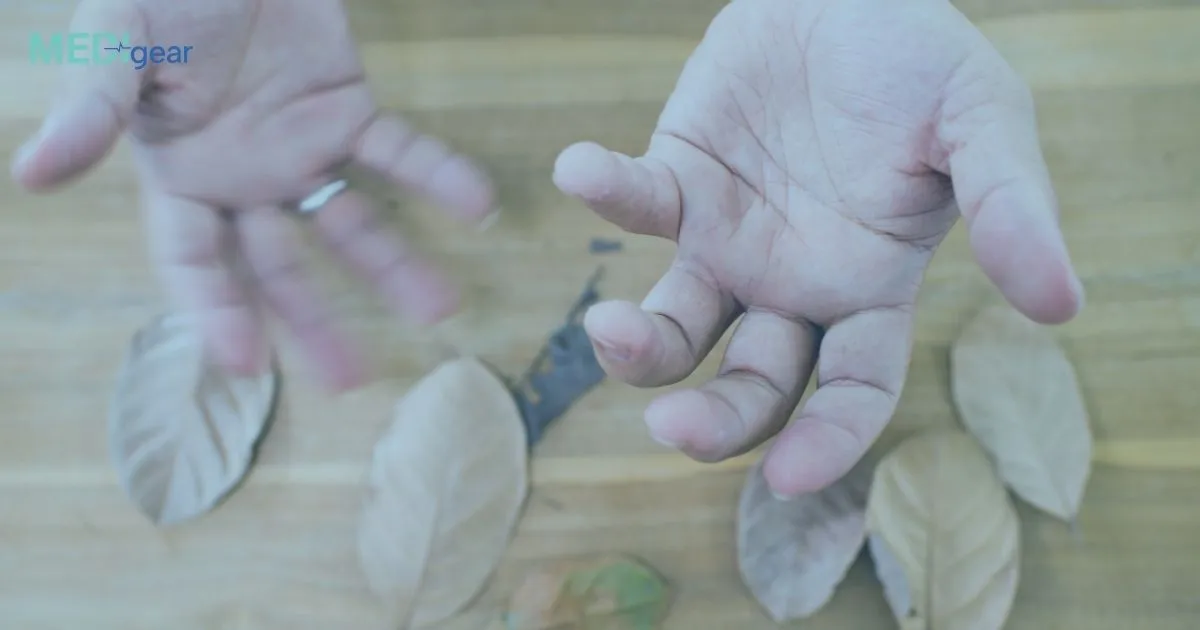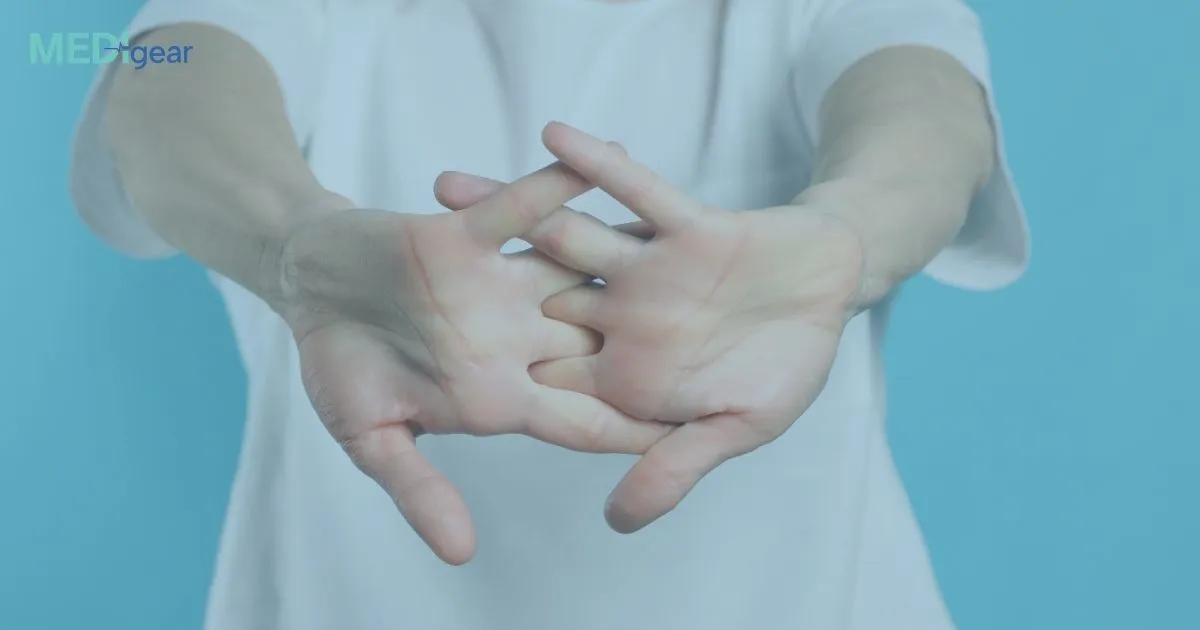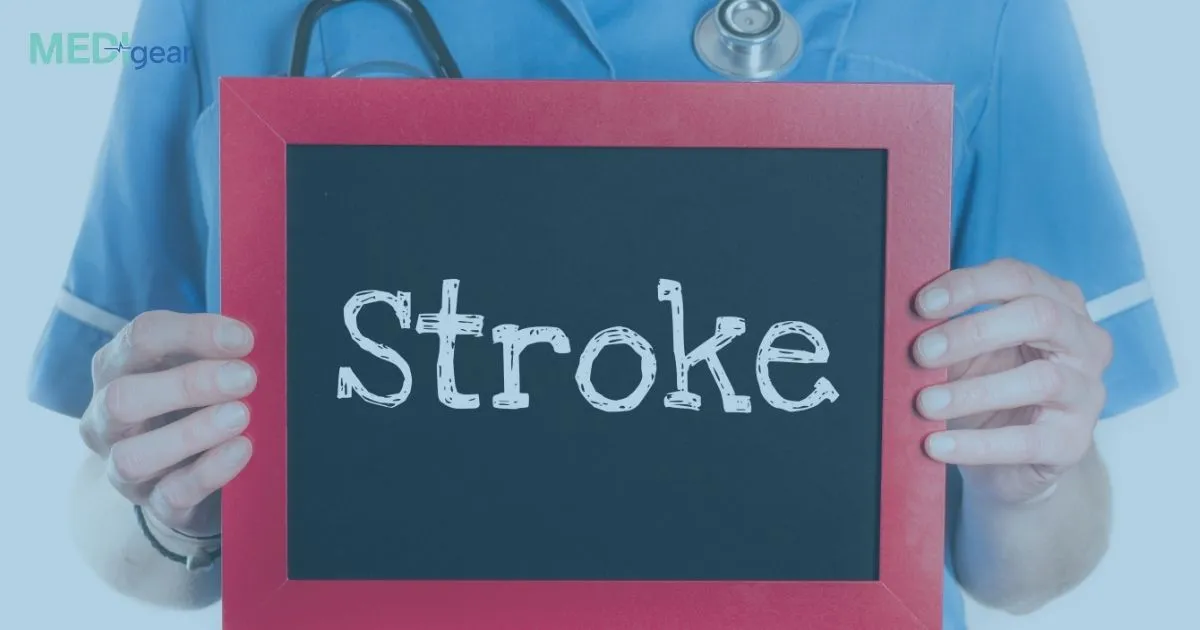Transcranial Magnetic Stimulation (TMS) is a non-invasive neuromodulation therapy that uses magnetic fields to stimulate specific areas of the brain associated with mood regulation. It is an innovative treatment option for individuals with major depressive disorder (MDD) who have not responded well to traditional medications or psychotherapy.
Understanding TMS Therapy
TMS devices work by generating short magnetic pulses that penetrate the scalp and skull to activate neurons in the prefrontal cortex, the area of the brain linked to emotional control and depression. Unlike electroconvulsive therapy (ECT), TMS does not require anesthesia and does not cause memory loss, making it a safer, more tolerable alternative for many patients.
How TMS Devices Treat Depression
- Targeted Brain Stimulation:
The device delivers focused magnetic pulses to the left dorsolateral prefrontal cortex, enhancing neural activity in regions that are underactive in depression. - Neuroplasticity Enhancement:
Repeated stimulation sessions encourage long-term changes in brain connectivity and neurotransmitter balance, promoting recovery from depressive symptoms. - Drug-Free Therapy:
TMS offers an option for patients who do not respond to antidepressant medications or cannot tolerate their side effects. - Non-Invasive and Outpatient Procedure:
Each session typically lasts 20–40 minutes, requiring no hospitalization or downtime. Patients can return to normal activities immediately after treatment. - Proven Clinical Effectiveness:
Numerous studies and FDA approvals have validated TMS as an effective therapy for treatment-resistant depression and certain anxiety disorders.
Clinical Impact
TMS therapy represents a major advancement in mental health care. By modulating brain activity directly and safely, it provides a path toward remission for patients who have struggled with conventional depression treatments. Its precision, non-invasiveness, and minimal side effects make it a promising frontier in neuropsychiatric therapy.
Disclaimer:
This blog is intended for informational purposes only and should not be considered medical advice. Always consult a qualified psychiatrist or healthcare professional before starting or recommending TMS therapy or any other depression treatment.






